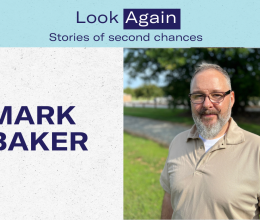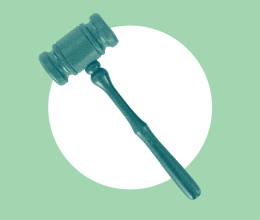ACLU represented inmates in legal challenge, but court ruled that religious rights not violated by requiring prisoners to cut beards and keep hair short.
Richmond, VA – The ACLU of Virginia today said it will ask the Governor and the Virginia General Assembly to take action to prevent continued segregation of Rastafarian prisoners who refuse to cut their hair.
At least six Virginia Department of Corrections inmates have been held in segregation for ten years, although many more have been held for shorter periods, and others have cut their hair rather than face the anxiety and tedium of segregation.
Virginia Department of Corrections instituted a policy in 1999 requiring men to cut their hair above the shirt collar and to remove beards, goatees and long sideburns.
Relying on the Religious Land Use and Institutionalized Persons Act, or RLUIPA, the ACLU of Virginia challenged the grooming policy in federal court in 2003, representing Rastafarian and Muslim prisoners for whom growing their hair is fundamental to their faith. The district court ruled against the inmates, and the Fourth Circuit Court of Appeals later affirmed the decision.
"We brought the case not just because we thought the law was on our side, but because we wanted to protect the religious rights of incarcerated persons,” said ACLU of Virginia Executive Director Kent Willis. “We were deeply disappointed in the outcome, because we knew that the sincerest believers would be those who would be punished most severely. It certainly seems to have turned out that way."
"Years later, it is still hard to believe that the federal courts allowed DOC to keep this policy,” added Willis. “In court, DOC could not produce any evidence that long hair and beards have ever posed a security risk, and an expert testified that most prison systems in the country operate without such restrictive and punitive rules."
"Often forgotten in the discussion of legal issues is the question of rehabilitation,” said Willis. “People who are incarcerated for long periods of time cling to their faiths to help them through the darkest periods and often become more responsible individuals as a result. It seems as though DOC is working against its own objectives when it denies prisoners the right to fully practice the religion of their choice."
Contact: Kent Willis (office) 804-644-8022
NEW
We won another case at the Supreme Court of Virginia!




